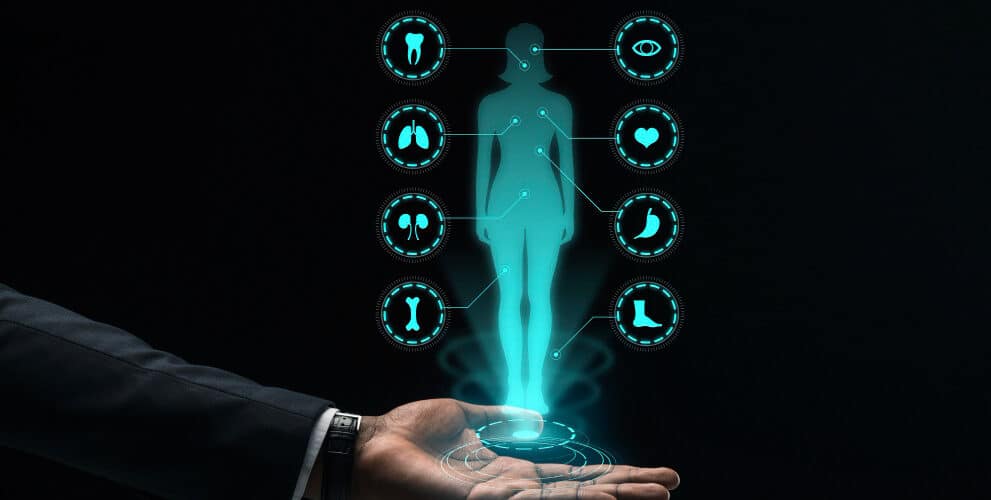Which diseases will you face in 20 years? AI tool offers early forecasts
The AI model, called Delphi-2M, was trained on the health records and lifestyle data of 400,000 participants in the UK Biobank.
Author
Author
- admin / 5 months

- 0
- 3 min read

Author
A new artificial intelligence tool can peer two decades into a person’s medical future, predicting their risk of developing more than 1,000 diseases.
The model, called Delphi-2M, was trained on the health records and lifestyle data of 400,000 participants in the UK Biobank. According to a study published in Nature on Wednesday, it can “forecast a person’s likelihood of developing 1,258 diseases on the basis of their past medical history” while factoring in age, sex, body mass index, tobacco use and alcohol consumption.
Researchers say what sets Delphi-2M apart is its ability to model multiple diseases at once, a feat rarely seen in existing prediction tools. “It can generate entire future health trajectories,” said Stefan Feuerriegel, a computer scientist at the Ludwig Maximilian University of Munich, who was not involved in the study. He described the tool’s capacity as “astonishing.”

Existing AI-based systems can already predict risks for specific conditions such as cancer or cardiovascular disease. But, as study co-author Moritz Gerstung, a data scientist at the German Cancer Research Center in Heidelberg, pointed out: “A health-care professional would have to run dozens of them to deliver a comprehensive answer.”
By contrast, Delphi-2M uses the architecture of large language models (LLMs), the same underlying design behind AI chatbots such as ChatGPT, but adapts it for medical forecasting. The system effectively transforms a person’s health record into a statistical sequence, allowing it to estimate which diseases might emerge and when.
For most conditions, Delphi-2M’s predictions “matched or exceeded the accuracy of those of current models that estimate the risk of developing a single illness,” says the Nature report. The researchers also reported that it outperformed another machine-learning system that relies on biomarkers, specific molecular or chemical signals in the body, to forecast disease. “It worked astonishingly well,” Gerstung said.
While the tool has so far been trained only on UK data, the authors say its potential lies in helping clinicians identify high-risk people, alerting them to take preventive measures.
As Feuerriegel summed it up: Delphi-2M shows that AI can not only answer medical questions but also “generate entire future health trajectories.”
Also read: AI search engines promote illegal online pharmacies: Study









